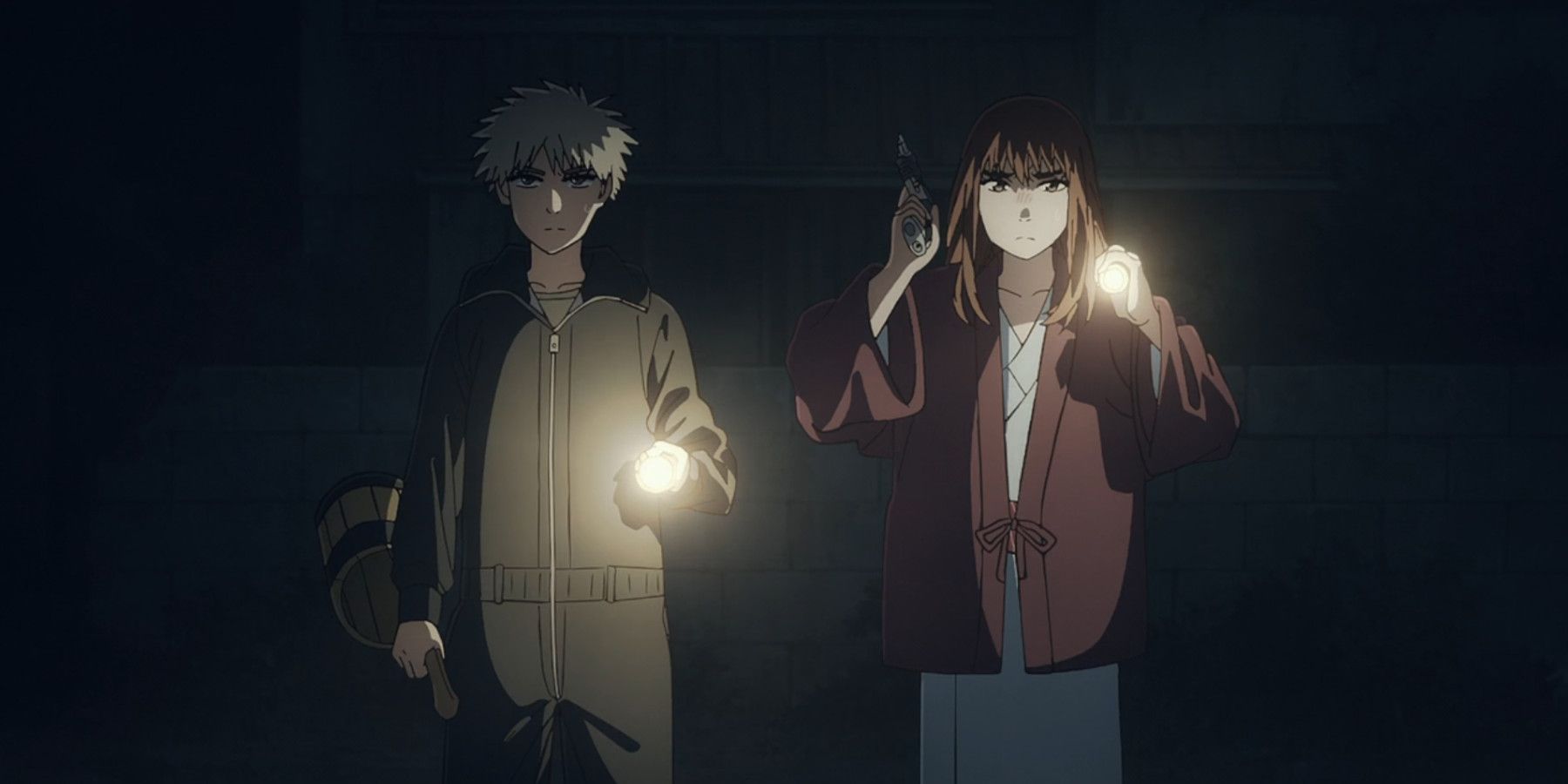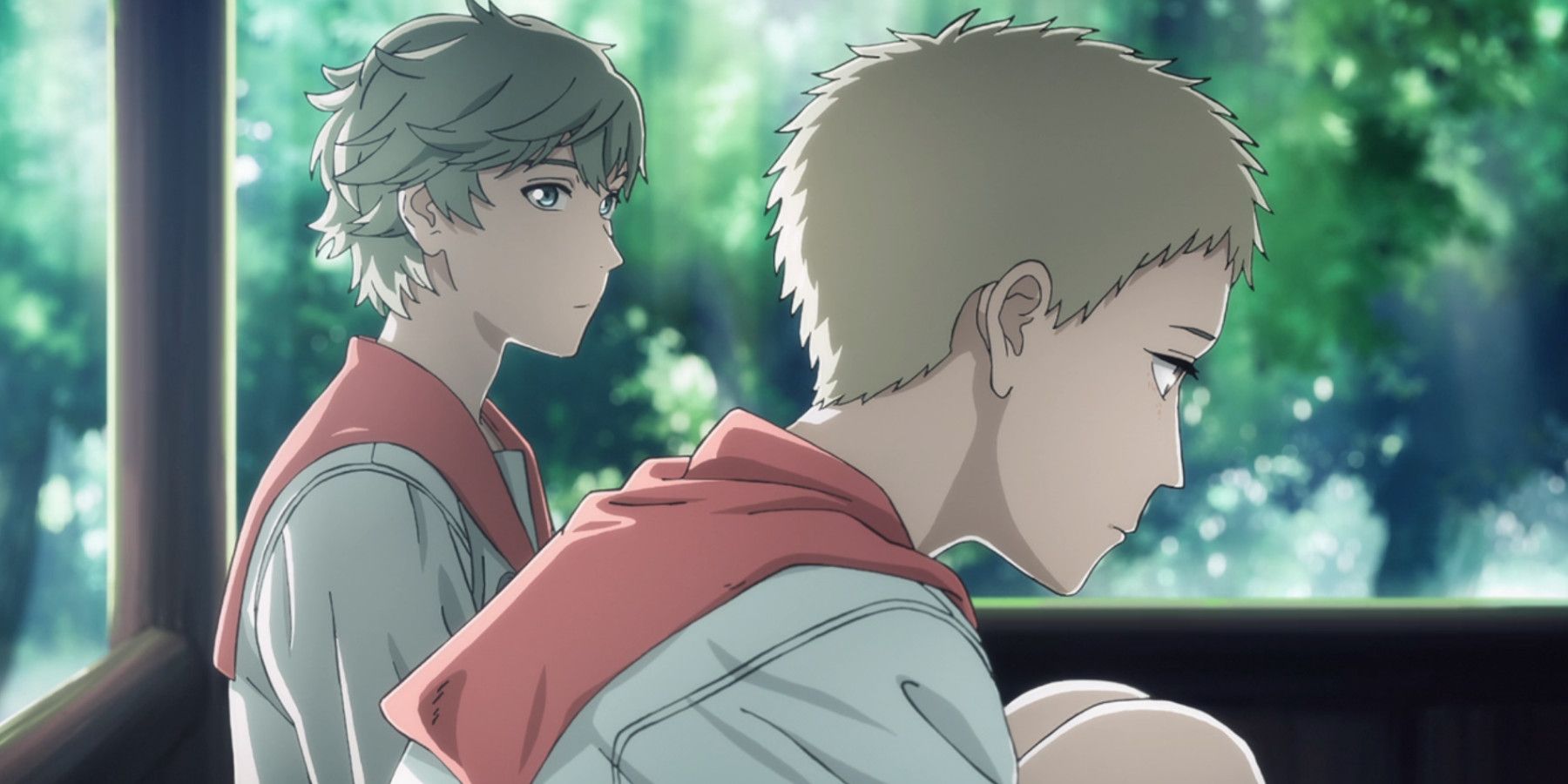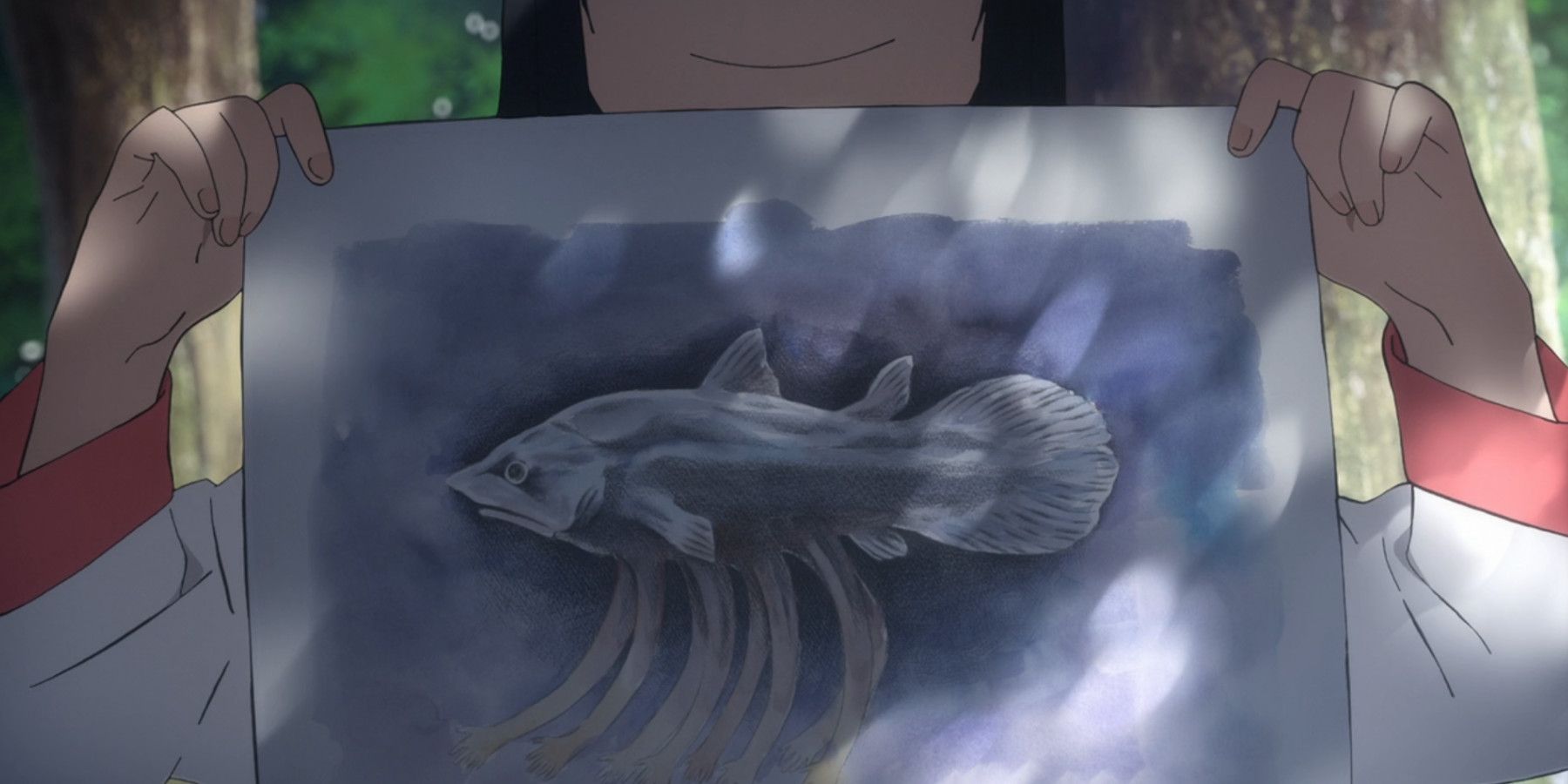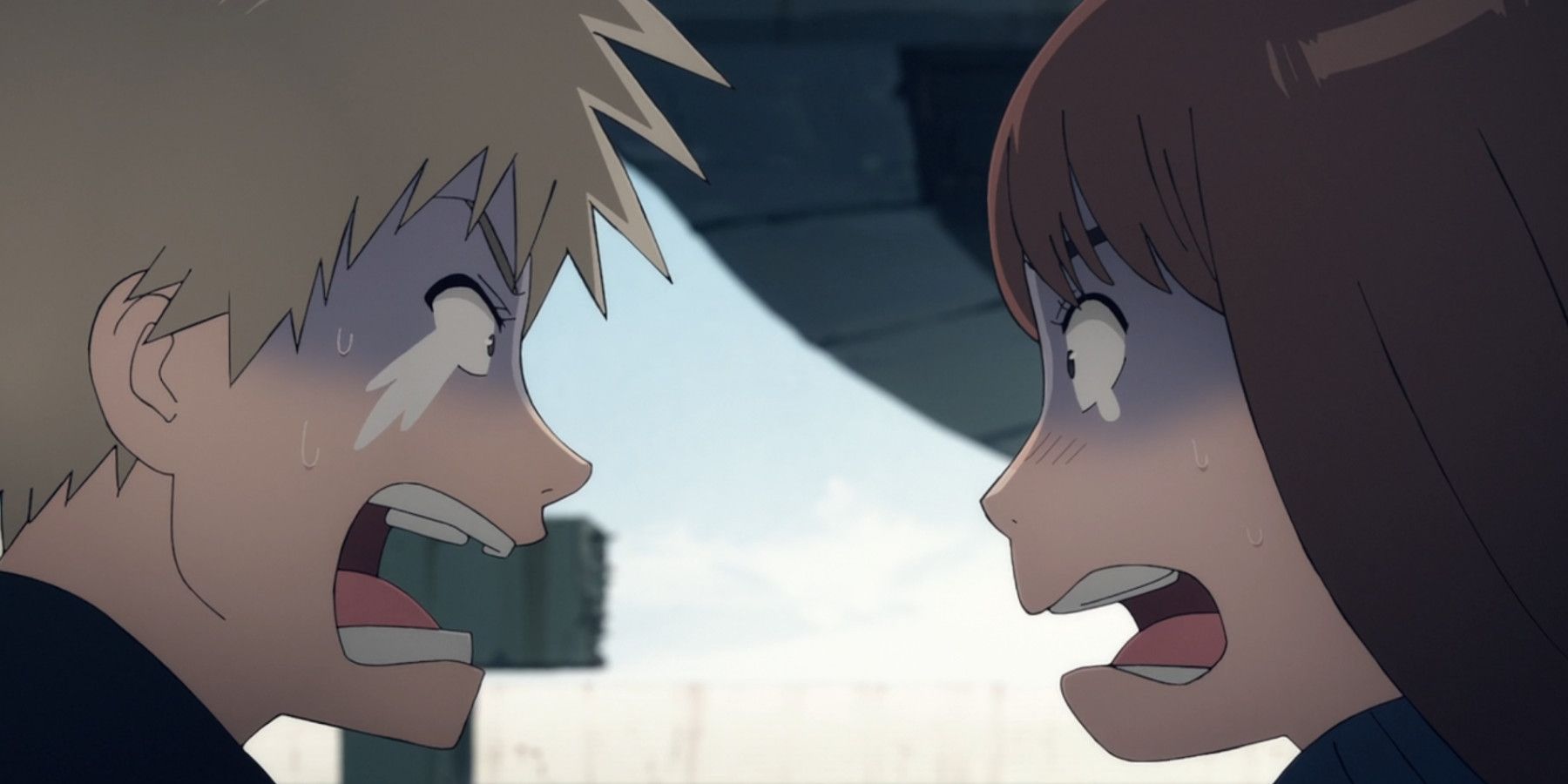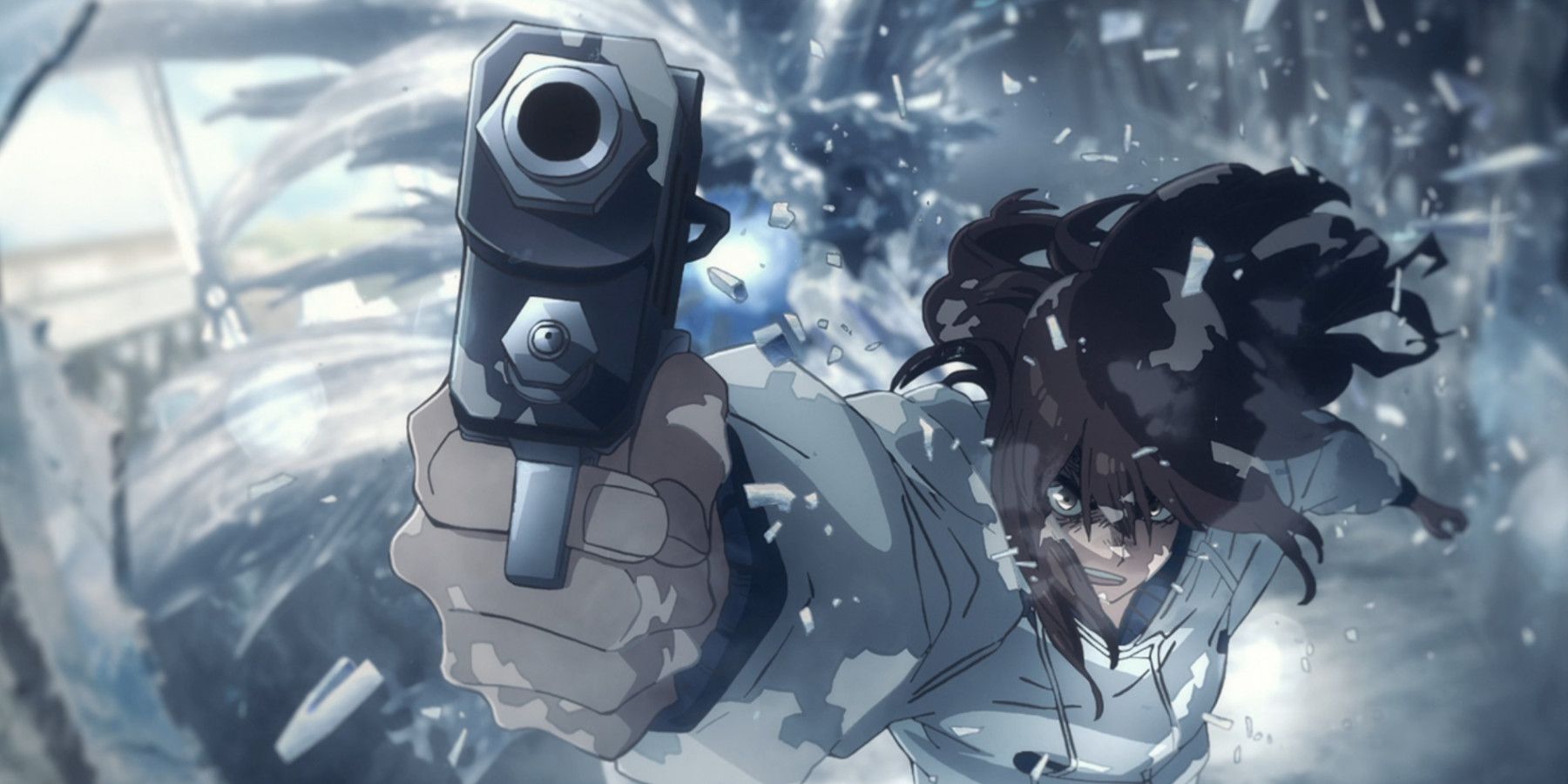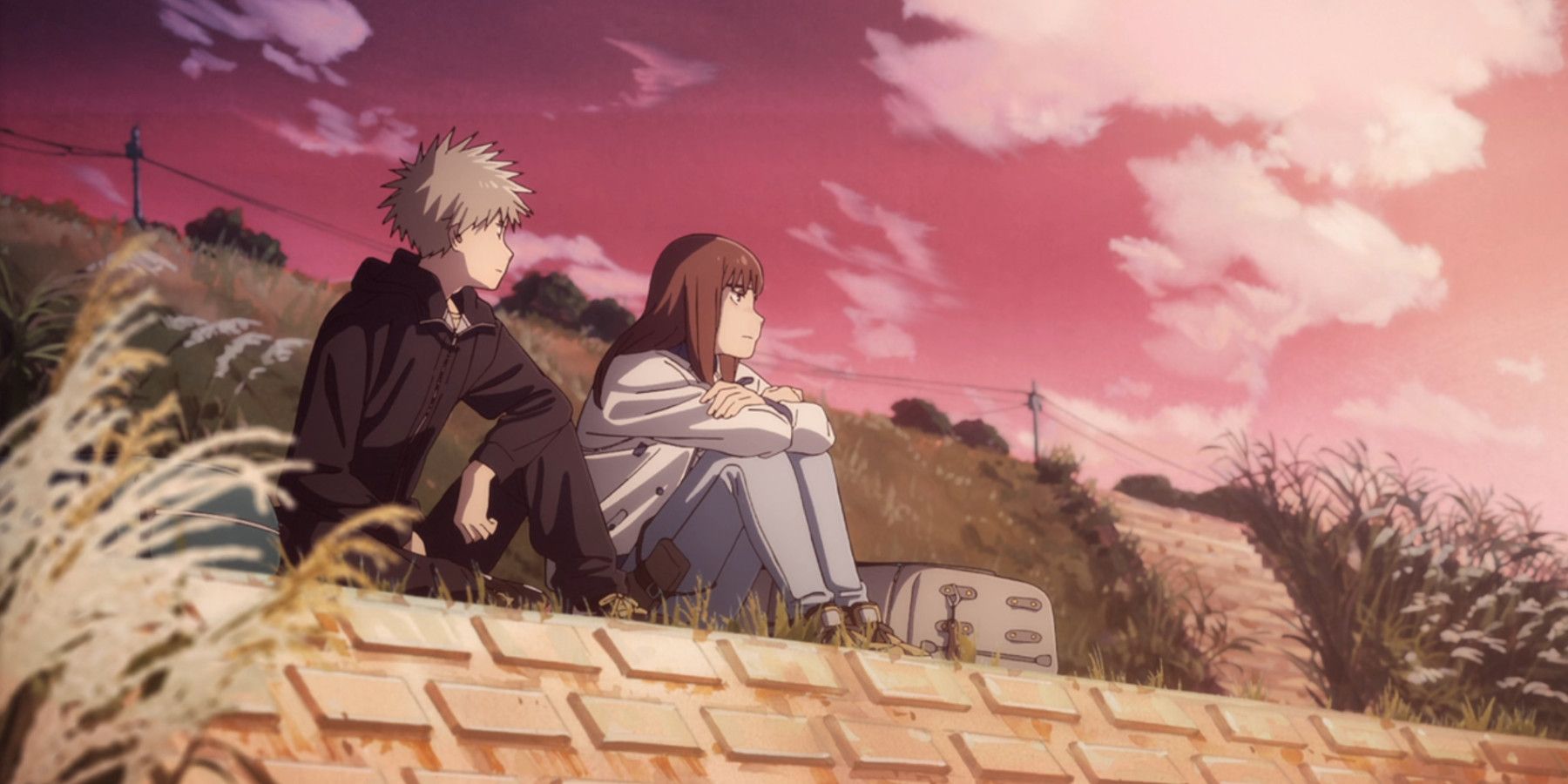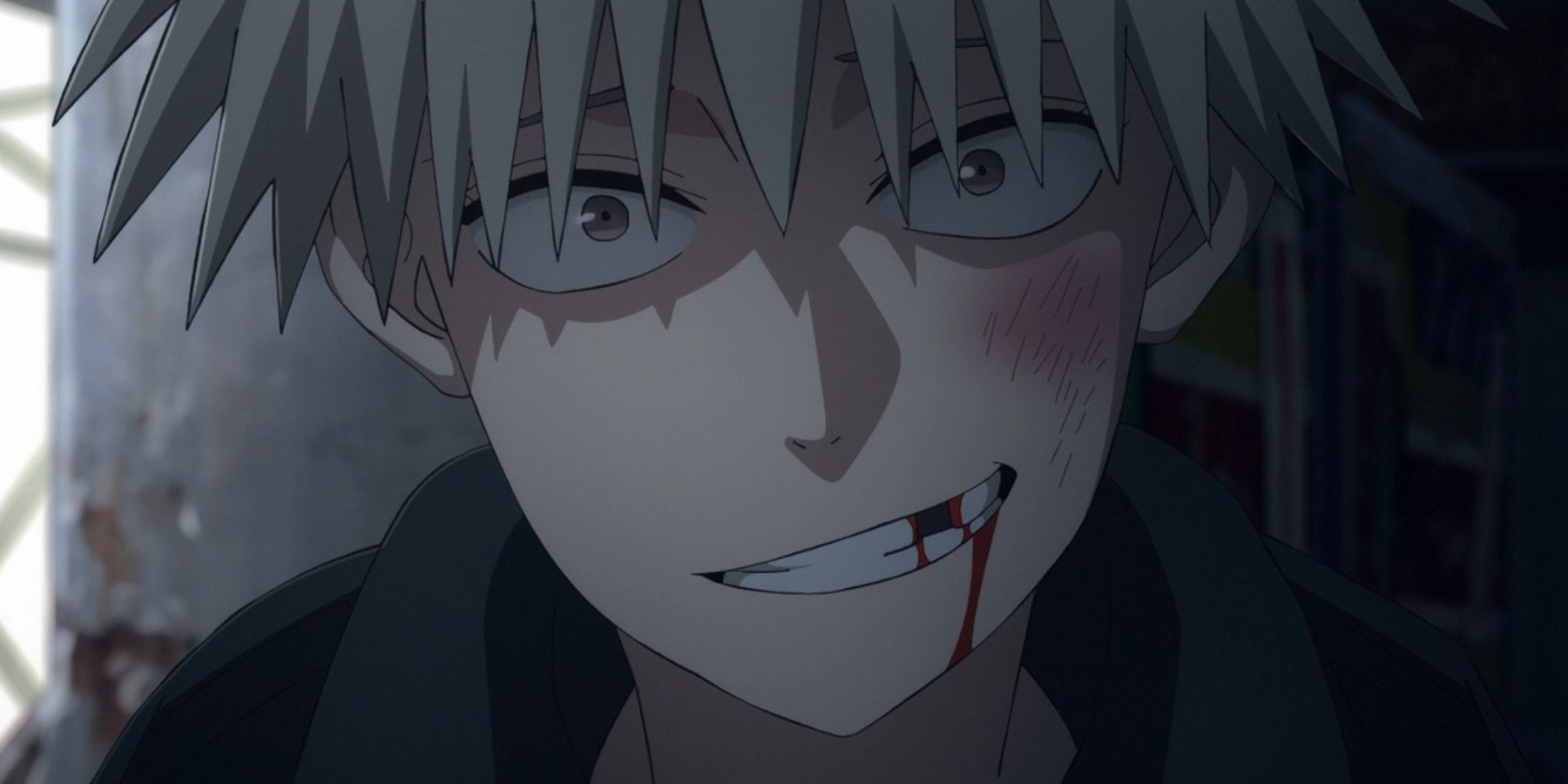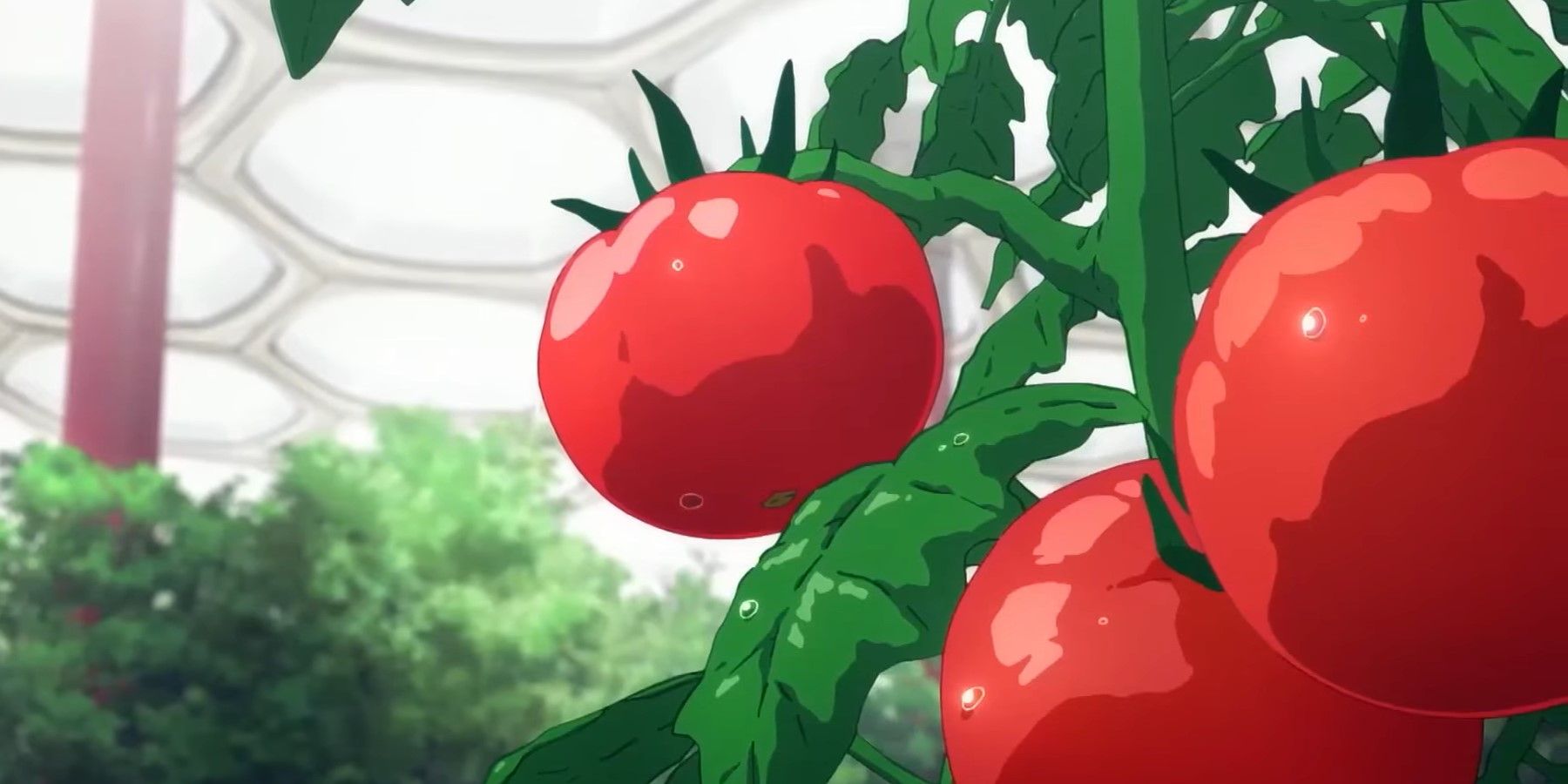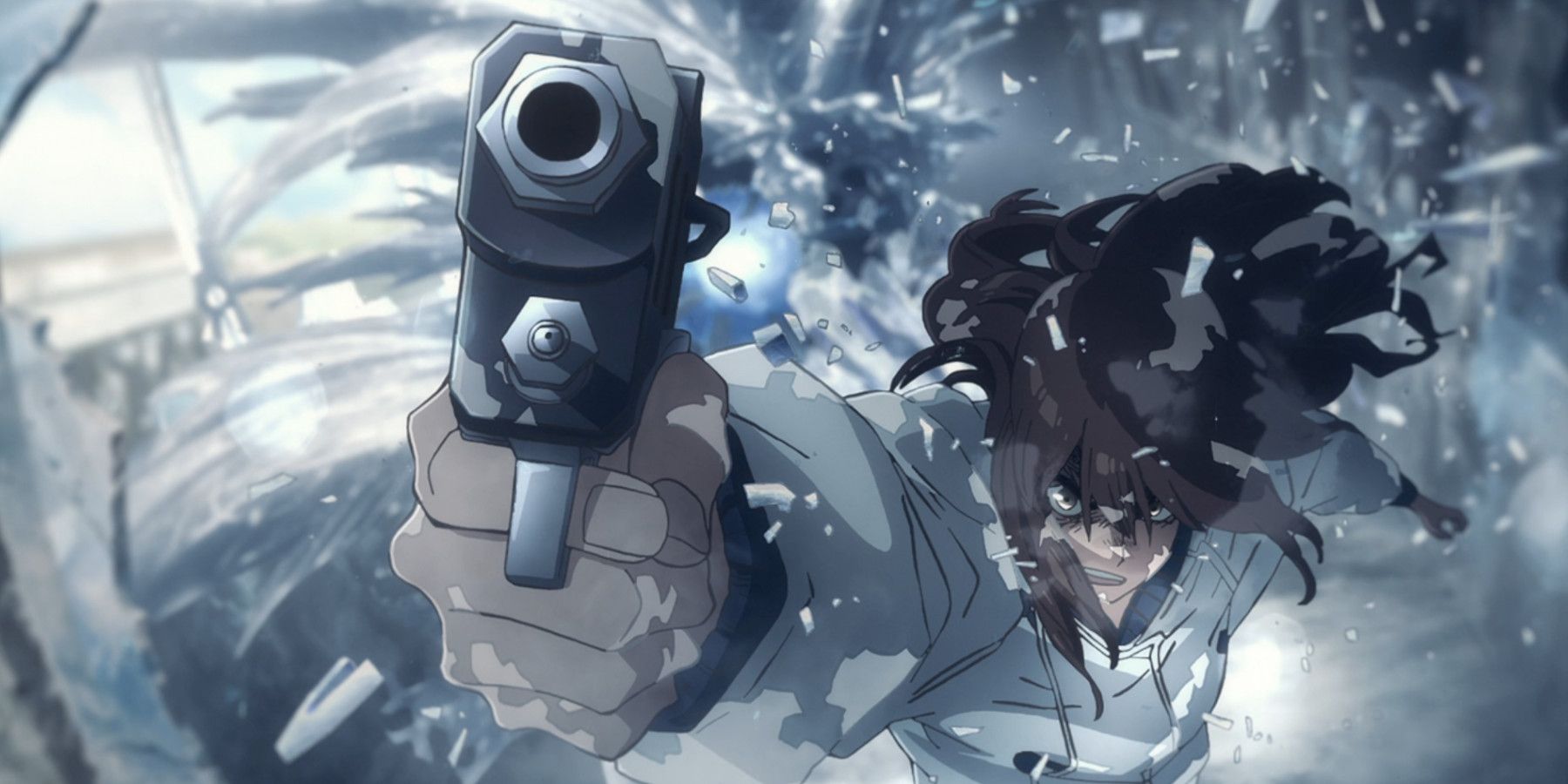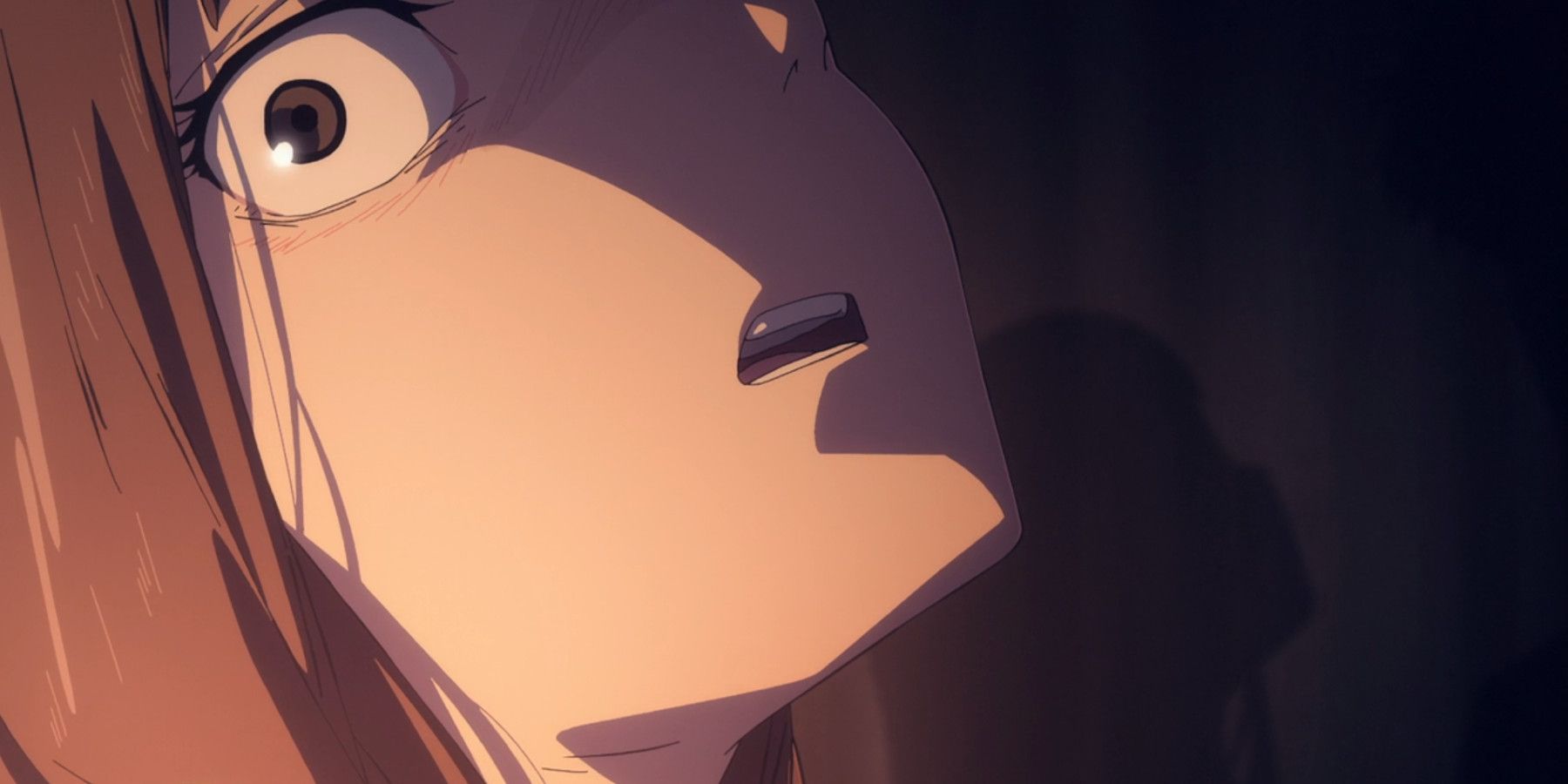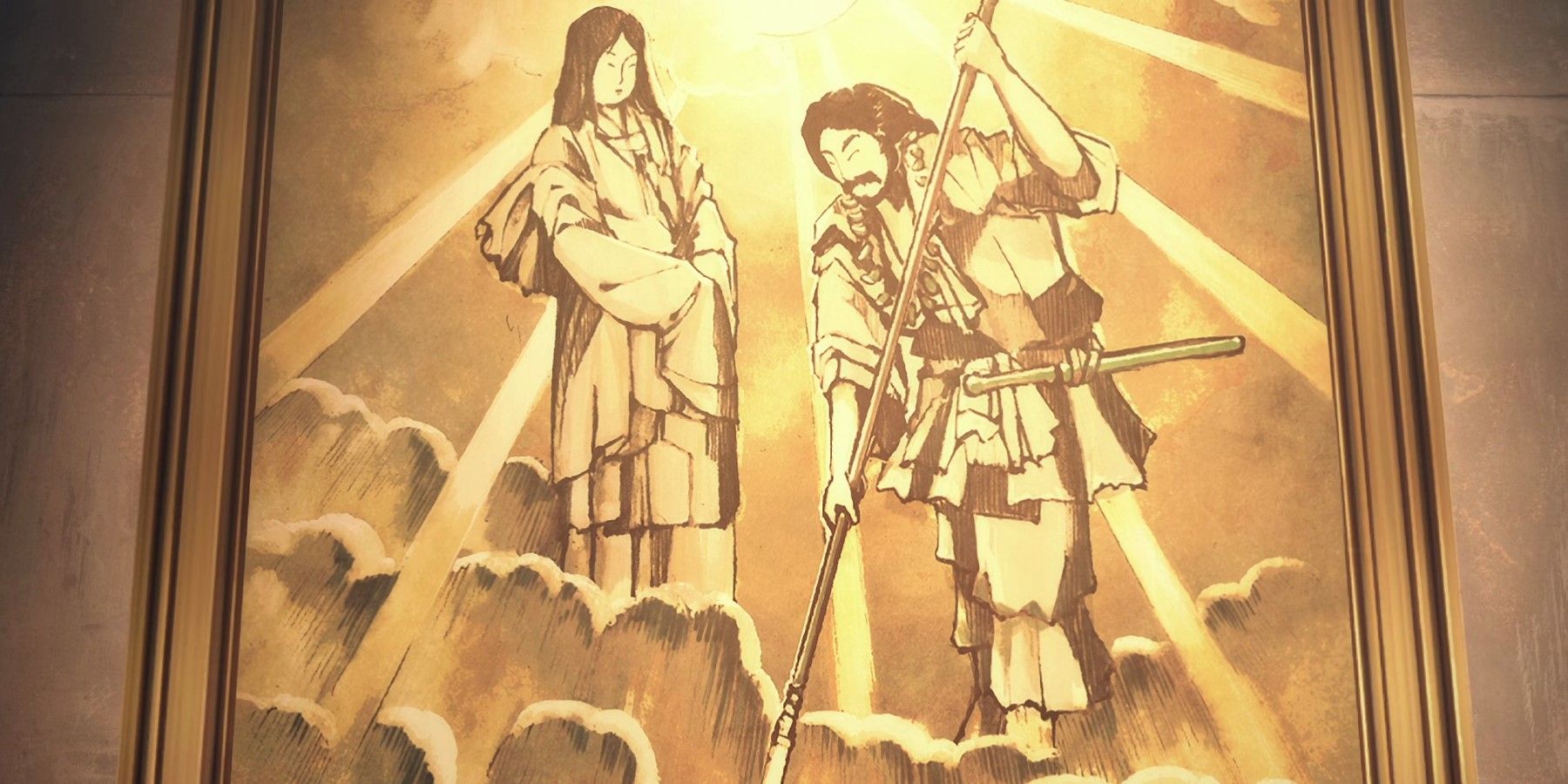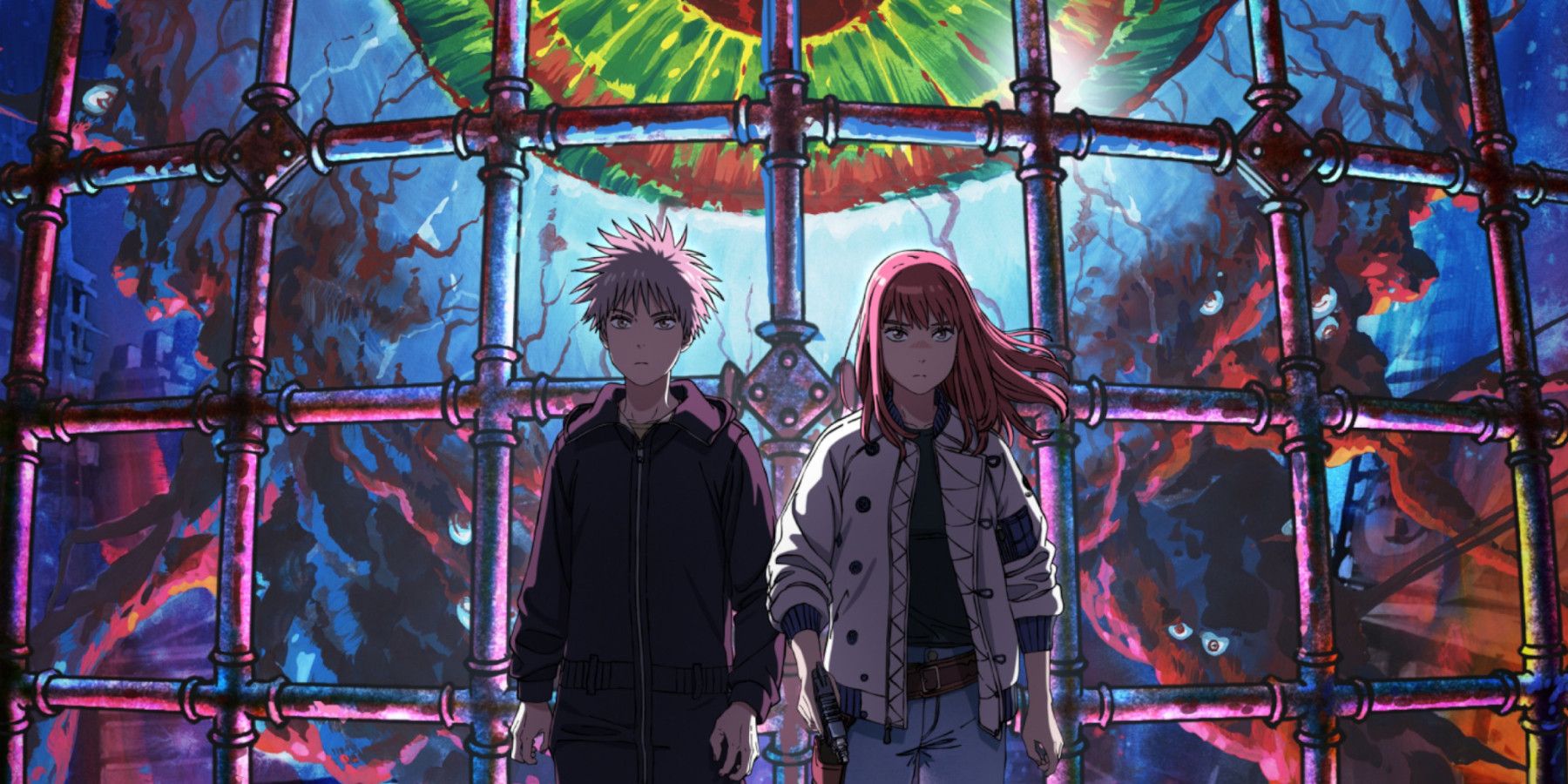
Divinely Addictive: Unveiling the Enchantment of Heavenly Delusion Season 1

Immerse yourself in the breathtaking world of Heavenly Delusion Season 1, where stunning visuals, captivating mysteries, and unforgettable characters converge to create an unparalleled viewing experience Prepare to find yourself spellbound by a story that skillfully weaves an ever-expanding web of intrigue amidst a gripping apocalyptic backdrop Discover your own piece of heaven in this must-watch series of the year
Production I.G. has an impressive history of creating remarkable science fiction anime, including renowned titles like Ghost in the Shell and Psycho-Pass. Although they have produced various other works, Heavenly Delusion stands out as a nostalgic yet modern science-fiction story. It successfully captures the essence of the genre with its unique presentation and attitude.
Heavenly Delusion, based on Masakazu Ishiguro's manga of the same name published in 2018, is skillfully directed by Hirotaka Mori. The series composition is expertly written by Makoto Fukami. Set in a post-apocalyptic future where human civilization has collapsed, the story revolves around two travelers who embark on a quest to find a mysterious place known as "Heaven."
An Ever-Growing, Ever-Subtle Mystery
The story contrasts two intertwining tales. Kiruko, a hired bodyguard, and Maru, a charismatic young man, search for Heaven in post-apocalyptic Japan. Meanwhile, a facility houses gifted children who are oblivious to the outside world and are taught by robots.
Tokio, a child living a seemingly normal life, has their perception shifted when the idea of an "outside" is introduced. They realize that their enclosed living quarters, with towering walls and a dense forest, are not the limits of their world. This revelation propels Tokio and their friends on a journey to uncover the truth of the "outside of the outside."
By the conclusion of Episode 1, it appears that this nursery fulfills the criteria for the idyllic haven our protagonists seek, and this seems to be the intended impression of the creators. However, it is important to note that this perception is not entirely accurate. The deliberate and meticulous plotting, along with the visually striking similarities between the two narratives, imply a connection between them, with "imply" being the pivotal word. Yet, the audience is seldom presented with a concrete link uniting these two stories.
The enigmatic allure of Heavenly Delusion lies in its subtle storytelling, allowing the audience to exercise their intellect and formulate personal conjectures regarding the myriad of questions central to the plot. What transpired in the world to usher in this unique state? Equally significant, how do these characters intertwine with the veracity that unveils the demise of civilization?
Kiruko is no ordinary girl; she is the result of a transformative experiment that has fundamentally changed her. Her goal is to uncover the reasons behind her transformation. Maru, on the other hand, is not your average boy; he possesses superhuman agility and a deadly touch that can defeat the Man-Eaters, whom he refers to as "Hiruko." Even the children in the nursery possess unique abilities.
This captivating tale is filled with cunning deceptions, visual symbolism, and unexpected revelations that showcase the extraordinary visual storytelling. Each beautifully crafted backdrop and intricately designed setting creates immersive environments where even the slightest details can alter one's perception of previous episodes. Attentiveness is rewarded with awe-inspiring discoveries.
The story's clever misdirection in the initial episodes is a captivating element. Your initial assumptions about the direction of the show will be completely different from where it ultimately takes you in the thirteenth episode. However, as the story progresses, it is not the mystery that will hold your attention the most, but rather the exceptional cast.
Making The Most of The Apocalypse
Post-apocalyptic narratives are often dreary, and the mystery in this particular story is no exception. These tales depict a world consumed by death, usually portrayed in dismal hues, except for instances when nature triumphantly reclaims its lush greenery. They also showcase the darkest aspects of human nature. However, in the midst of its gruesome deaths and somber themes, Heavenly Delusion manages to inject moments of levity, offering a refreshingly unique take on the post-apocalypse.
The delightful duo, Kiruko and Maru, bring an infectious hilarity to the screen, whether they are scavenging for resources or joyfully stumbling upon a comfortable place to rest. Their witty banter not only adds personality but also sheds light on their individual strengths, even during intense action sequences.
The series features the most impactful and inventive battles against the Hiruko. Kiruko's sharp intellect and resourcefulness are flawlessly paired with Maru's agile combat skills. The animation team truly excels at portraying the magnificence of both fighting styles, capturing the gratifying intensity of Kiruko's Kiru-Beam laser blasts as well as the gracefully choreographed hand-to-hand clashes delivered by Maru.
In both battle and everyday situations, the dynamic duo consistently steals the show, captivating audiences with their performances. Kiruko's narrative delves deep into the exploration of identity, serving as a pivotal storyline for this particular season. Concurrently, Maru's unwavering protectiveness and genuine romantic affection towards Kiruko foster a heartwarming connection, unaffected by the presence of unrequited love that lingers in the air.
Kiruko and Maru form such an iconic duo that it almost overshadows the nursery plotline involving Tokio and their friends, especially in the early episodes. Some manga readers have expressed their dissatisfaction with the show's adaptive changes and the removal of certain content. While the mysterious elements of the nursery plotline provide a satisfying dose of suspenseful science fiction, not everyone may find the characters within captivating.
Nevertheless, the script manages to strike a balance and push forward both storylines in a satisfying manner. Given the nature of Heavenly Delusion, it's challenging to determine when to end a season, as there will always be loose ends waiting to be resolved. Fortunately, the creative liberties taken in concluding the season strongly and building anticipation for future developments were effective.
Finding Heaven
Content:
Following the airing of Episode 5, I previously explored the subjective nature of the character's quest for "Heaven," a questionably named destination that offers limited clues throughout the season. The episode introduces a subtle inquiry into what a Paradise on Earth could potentially resemble.
In the same episode, the characters stumble upon a settlement that possesses numerous contemporary conveniences which the audience typically considers commonplace. Simply from a visual standpoint, the discovery of these seemingly lost elements brings about a feeling of reassurance. Is this what could be considered Heaven? Is it simply a pursuit of a nostalgic amalgamation of the past?
Tokio and their friends, residing in what appears to be a utopian realm, yearn to uncover the enigmatic reality beyond their seemingly blissful existence. Their innate curiosity, akin to an ancient parable, evokes notions of peril that arise from pursuing forbidden knowledge. In the context of this show, however, this pursuit of truth may be as absurd as biting into a tomato.
Heavenly Delusion covers a wide range of themes and is successful due to its excellent character development and episodic storytelling. The show portrays captivating character arcs that add depth to the overall adventure. It revolves around individuals exploring their own interpretations of "heaven" and the journey towards discovering it. This series promises to be highly rewarding and is a must-watch for this year.
You can stream Heavenly Delusion on Hulu in North America, Starz+ in Latin America, and Disney+ worldwide.
